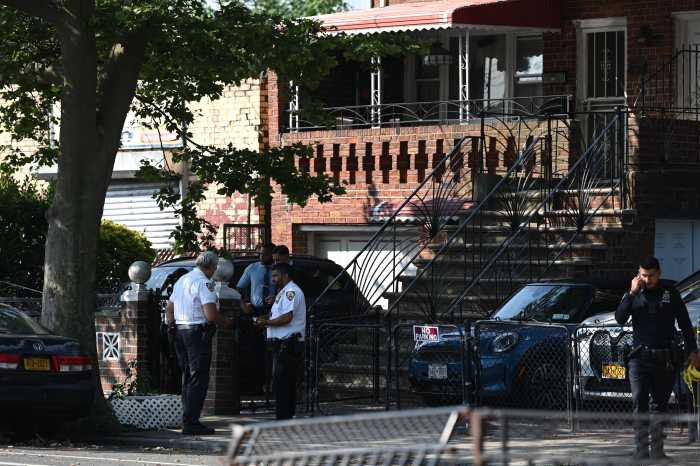Community Board 6 this week unanimously approved a policy it hopes will protect the district from the perils of unscrupulous contractors.
Under the policy, all new construction, substantial renovations or additions totalling 10,000 square feet that come before the board for review would be subject to a series of actions called the “large project review process,” which asks applicants for as much information as possible about a project, and requests that a commitment is made to follow responsible development standards.
The standards include a range of items, including a “history and commitment to complying with applicable public laws,” maintaining safe work sites, and having a verifiable and established track record.
“Too often, our community has seen developers, contractors and subcontractors who violate the health, safety, buildings, noise, and workplace laws and standards of new York City, jeopardize the health and lives of their workers, and permit dangerous and severe nuisances for adjacent property owners,” the board states as a rationale for the policy.
The board has tweaked and re-tweaked is responsible development policy for months, andfinally approved the measure at its Dec. 9 meeting.
“What we are saying, is we want them to consider the needs of the neighborhoods,” said Richard Bashner, chair of Board 6, which encompasses Gowanus, Red Hook, Park Slope, Cobble Hill, the Columbia Street Waterfront District and Carroll Gardens.
The board has no formal authority to boot a contractor or a developer from a site. “Hopefully, it will weed out some of the bad actors,” Bashner said. Board 6 member Brad Lander, the City Councilmember-elect, said that if a developer refuses to participate, “its something that will be taken under advisement,” as the board weighs an application.
Board member Anthony Pugliese was first to suggest the idea five years ago. Pugliese, an organizer for the New York City District Council of Carpenters, has acknowledged that a code could help his members, but said the chief concern for its enactment is safety. The policy does not insist that a job be performed by union only labor, but instead offers as a suggestion that it be performed by “a union contractor or [an entity] with a comparable safety record.”
The document is a response to the last great building boom, which fizzled after the housing market imploded, and the Great Recession took hold. It is unclear which projects in the short term the policy will police: 46 percent of stalled construction projects citywide are in Brooklyn, according to a recent analysis by the New York Building Congress.





















